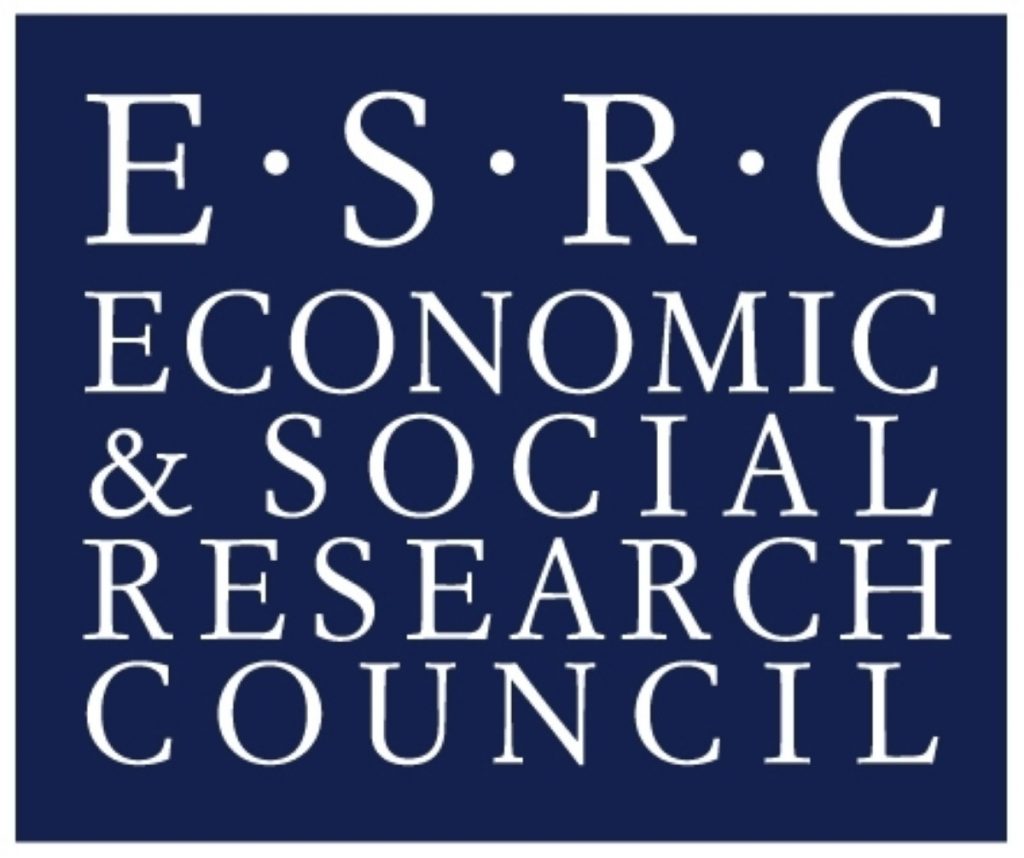ESRC: Getting CLOSER to cohort studies
A world-leading initiative which brings together some of the most important studies of people's lives in the UK, has been launched today by the Economic and Social Research Council (ESRC) and the Medical Research Council (MRC).
The UK is home to the largest and longest-running longitudinal studies in the world. The Cohorts and Longitudinal Studies Enhancement Resource (CLOSER) will pay a vital role in maximising the use, value and impact of these studies both within the UK and abroad. It will focus on nine of the country’s leading studies, with participants born as early as 1911 and as recently as 2007.
Professor Jane Elliott from the Institute of Education will lead a team to establish a national centre of excellence across the nine longitudinal studies. By strengthening the links between these studies we will be able to make much better use of the rich and detailed data on people’s lives, gathered over many years in the UK. Repeating the same longitudinal analysis across a number of studies allows researchers to test whether results are robust, and how they are modified by the context in which data has been collected.
Cross-cohort analysis helps us understand more about societal change and how changes in the policy environment impact on outcomes for individuals. For example, to understand the circumstances and mechanisms that lie behind issues such as the rise in obesity and the stagnation (or even decline) in social mobility, we need longitudinal data collected from several generations of people.
The Universities and Science Minister, David Willetts said:
"Cohorts studies give unparalleled insights into people’s lives and their life chances. This excellent new facility will make that easier than ever before."
A major element of CLOSER will be a single tool that enables researchers to find the information they need for their analyses across all the cohort and longitudinal studies involved. The search platform will be designed for use by a wide range of researchers with very different levels of experience in data management, data analysis and data discovery. It will provide a simple, intuitive interface, encouraging more researchers to use longitudinal data and stimulating interdisciplinary research.
CLOSER will also offer a programme of training which will enable a whole new generation of researchers and policy makers to use these rich and complex longitudinal data to help inform key areas such as education and health. It is a £5-million initiative over five years and part of the larger £33.5 million Birth Cohort Facility Project which includes the new birth cohort study – Life Study.
Professor Paul Boyle, Chief Executive of ESRC said:
"CLOSER will ensure the UK's world-leading position in life course and birth cohort studies and will really make the most of these essential windows into the health, wellbeing and lifestyles of children and adults in our society. It will provide unprecedented opportunities to understand how economic, social and biological factors combine to explain human behaviour in key important areas such as health, poverty, child development and healthy ageing."
Professor Elliott, Director of the Centre for Longitudinal Studies said:
"I am delighted to be given this opportunity to lead this pioneering initiative which will help researchers to address key questions – for example about the factors that are important for children’s wellbeing, and about behaviours and experiences that influence health in later life. I look forward to working with colleagues across the studies, the Government and the Research Councils."





-01.png)